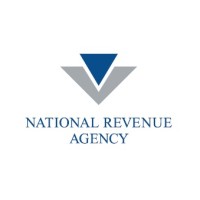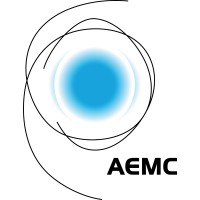
National Revenue Agency - Republic of Bulgaria
The National Revenue Agency (NRA) is a specialized state institution in Bulgaria under the jurisdiction of the Minister of Finance. The main task of the NRA is to administer taxes and social security contributions, as well as to collect other public and private state receivables. As of 1 January 2006 the National Revenue Agency incorporated the collection and administering of state taxes (income tax, patent taxes, VAT, corporate taxes) and obligatory social security contributions (health insurance contributions, pension insurance contributions, contributions for additional mandatory pension insurance, etc.).






